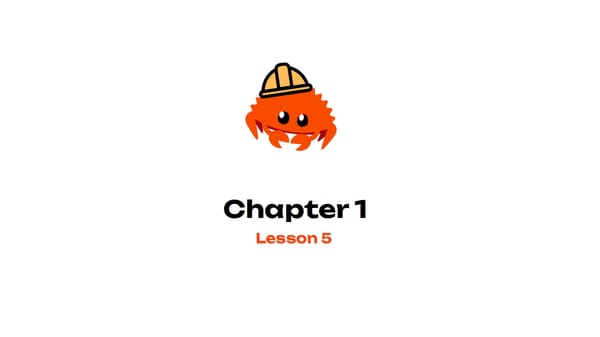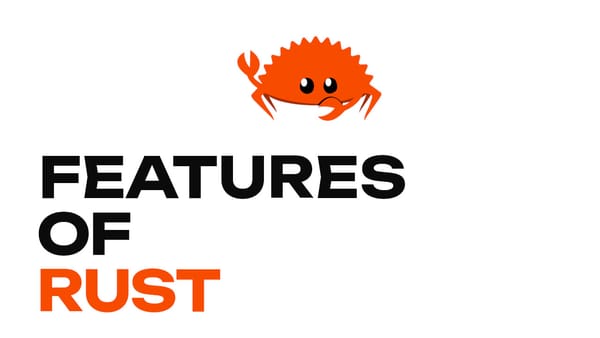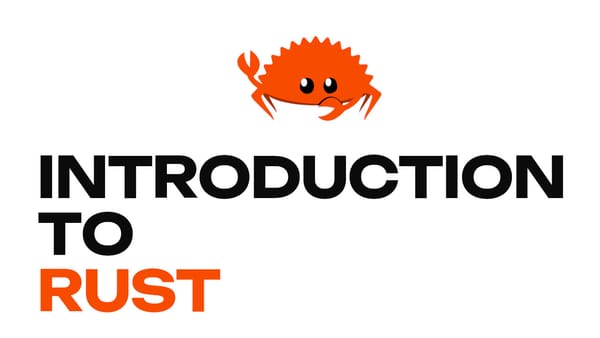chapter2
Setting up a Rust developer environment
To install Rust, the current widely accepted method is to use an installer called rustup. When you visit that website, depending what operating system is detected, you’ll have the choice of either downloading an .exe file or running a script in your terminal. I’ll link some videos to






